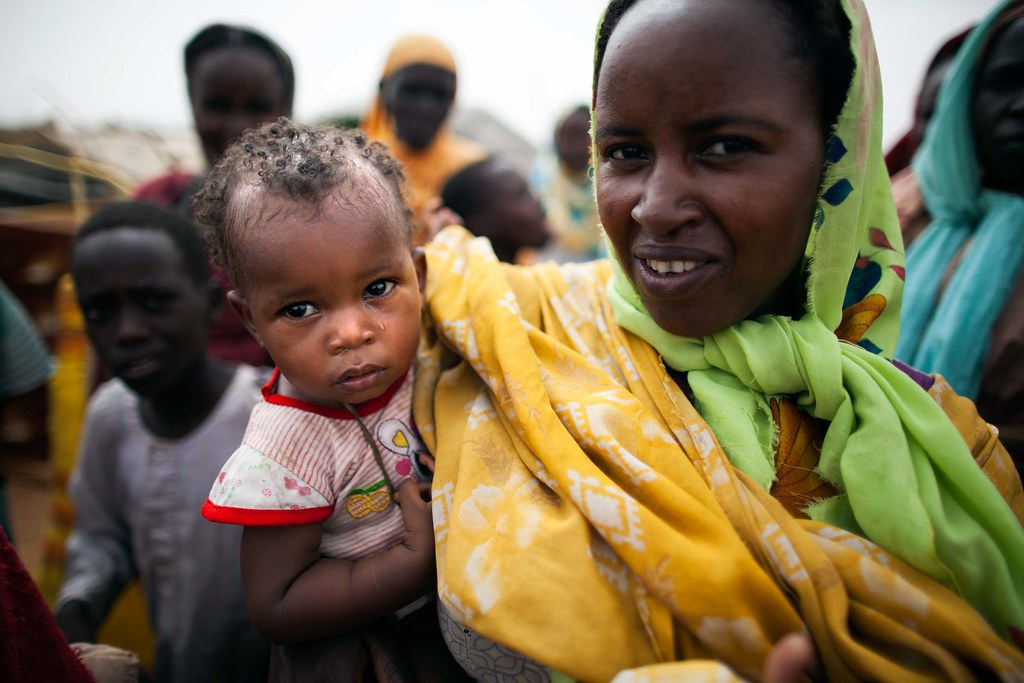Victims who participated in the trial and sentencing proceedings in the Bosco Ntaganda case have been authorized to participate in his appeal against the 30-year sentence handed to him. Ntaganda has asked judges to reduce his prison term to 23 years, and judges have authorized the 2,129 victims who participated in the trial proceedings to present their views and concerns on the issues raised on appeal.
Under Article 68(3) of the court’s founding law, the Rome Statute, where the personal interests of the victims are affected, the court shall permit their views and concerns to be presented and considered at stages of the proceedings determined to be appropriate by the court and in a manner that is not prejudicial to or inconsistent with the rights of the accused and a fair and impartial trial.
The Appeals Chamber determined on February 13 that victims who participated in the sentencing phase of the trial may participate in the appeal proceedings against the sentencing decision because their personal interests are affected by the appeal in the same way as during the sentencing proceedings.
Last July, ICC judges found Ntaganda guilty on all 18 charges he was tried for, and his defense is appealing the entire conviction decision. However, the prosecution has also raised two grounds of appeal alleging errors in the conviction decision with respect to Trial Chamber VI’s findings regarding events at the Mongbwalu hospital and the church in Sayo. The trial chamber did not convict Ntaganda over crimes committed at these localities.
Ntaganda argues in the appeal against conviction, among other reasons, that the conviction was invalid because one of the judges of the chamber that convicted him was unfit to serve as an ICC judge.
Meanwhile, in the appeal against the sentence, which he terms manifestly excessive and disproportionate, Ntaganda’s lawyers say that trial judges repeatedly failed to consider Ntaganda’s degree of concrete participation in certain crimes. Instead, they argue, the judges often repeated the basis of Ntaganda’s liability without further considering his degree of participation in the different crimes.
For instance, the defense faults trial judges for failing to concretely assess Ntaganda’s “limited degree of participation” in the five sexual violence crimes he was convicted for. The defense avers that a concrete assessment of personal culpability required judges to go beyond the finding of liability to ensure that the punishment is proportionate to Ntaganda’s individual responsibility.
In the latest ruling, the Appeals Chamber ruled that legal representatives of victims may file observations presenting the victims’ views and concerns with respect to the issues on appeal insofar as their personal interests are affected. The observations will be filed within 30 days of the notification of the prosecution’s response to Ntaganda’s appeal brief. The 2,132 victims authorized to participate in the trial are divided into two groups: 283 former child soldiers and the rest are victims of UPC/FPLC attacks. Each group has its legal representatives.
Last month, judges directed the Registry of the ICC to map the potential new beneficiaries of reparations in the Ntaganda case. According to judges, this assessment will facilitate the fair and expeditious conduct of the reparations proceedings.
This article was first published by International Justice Monitor.







